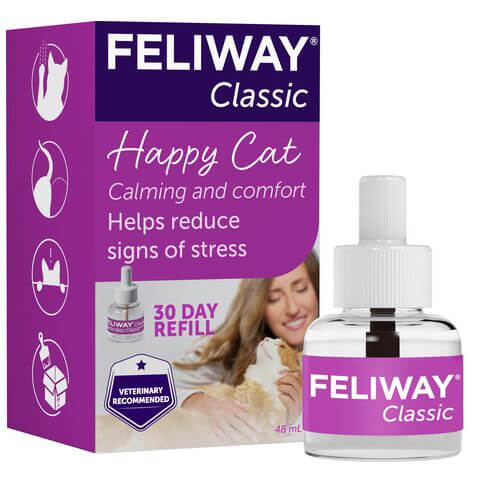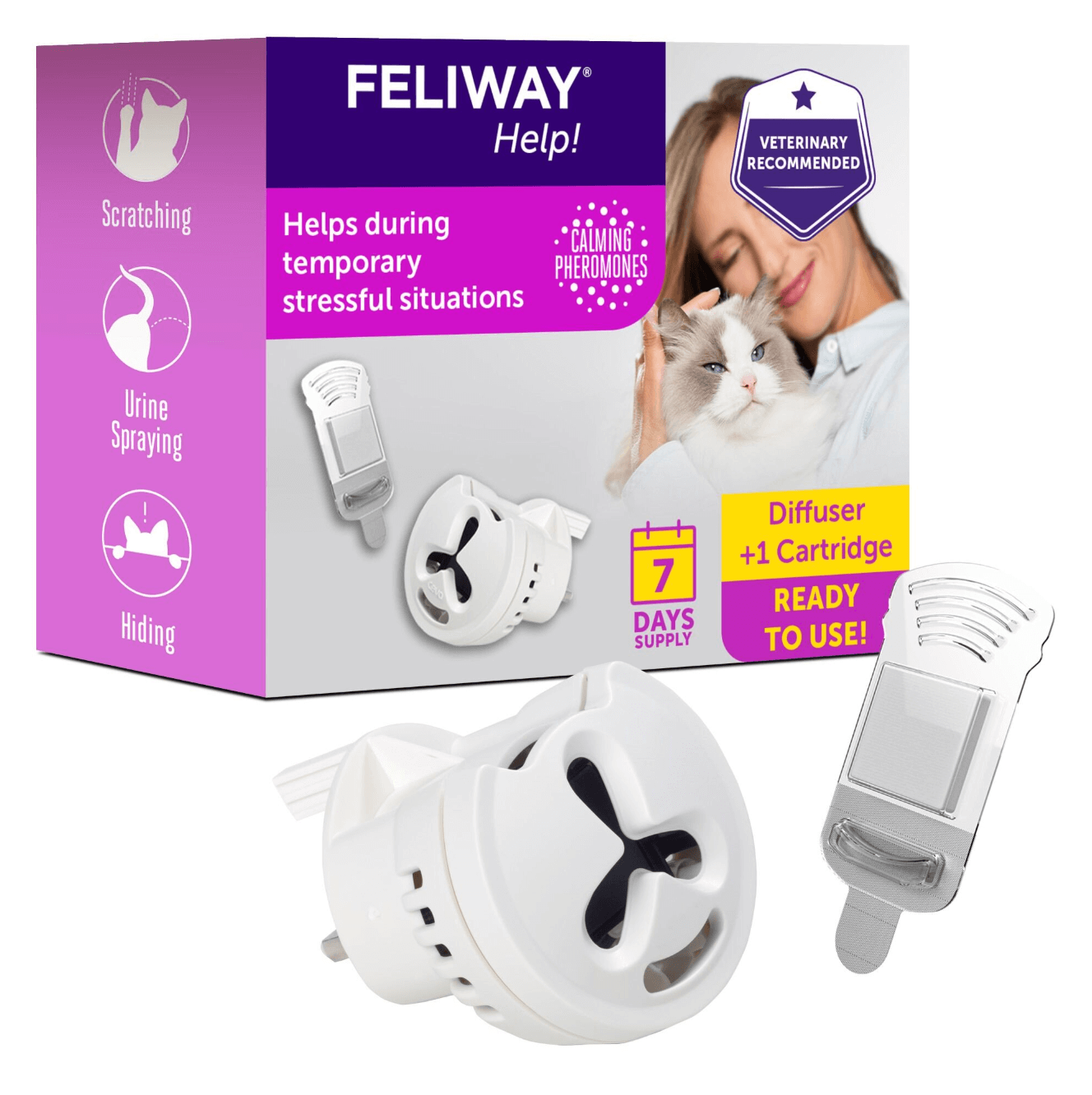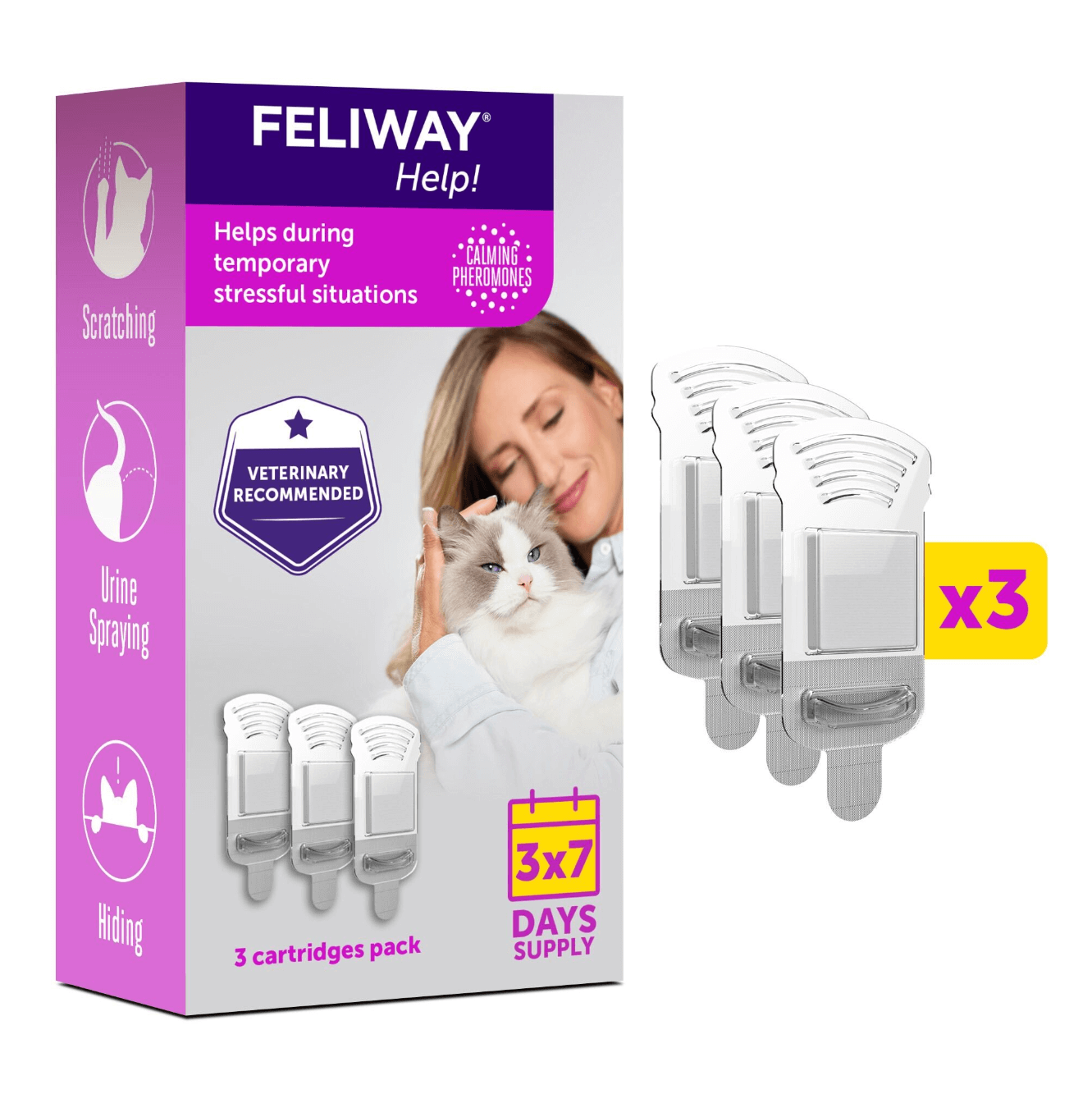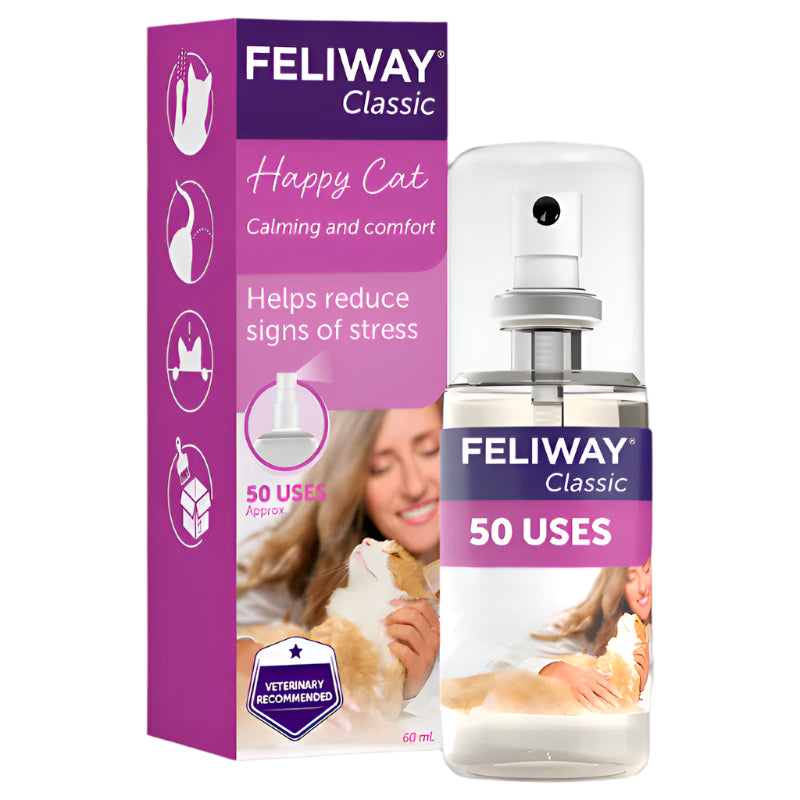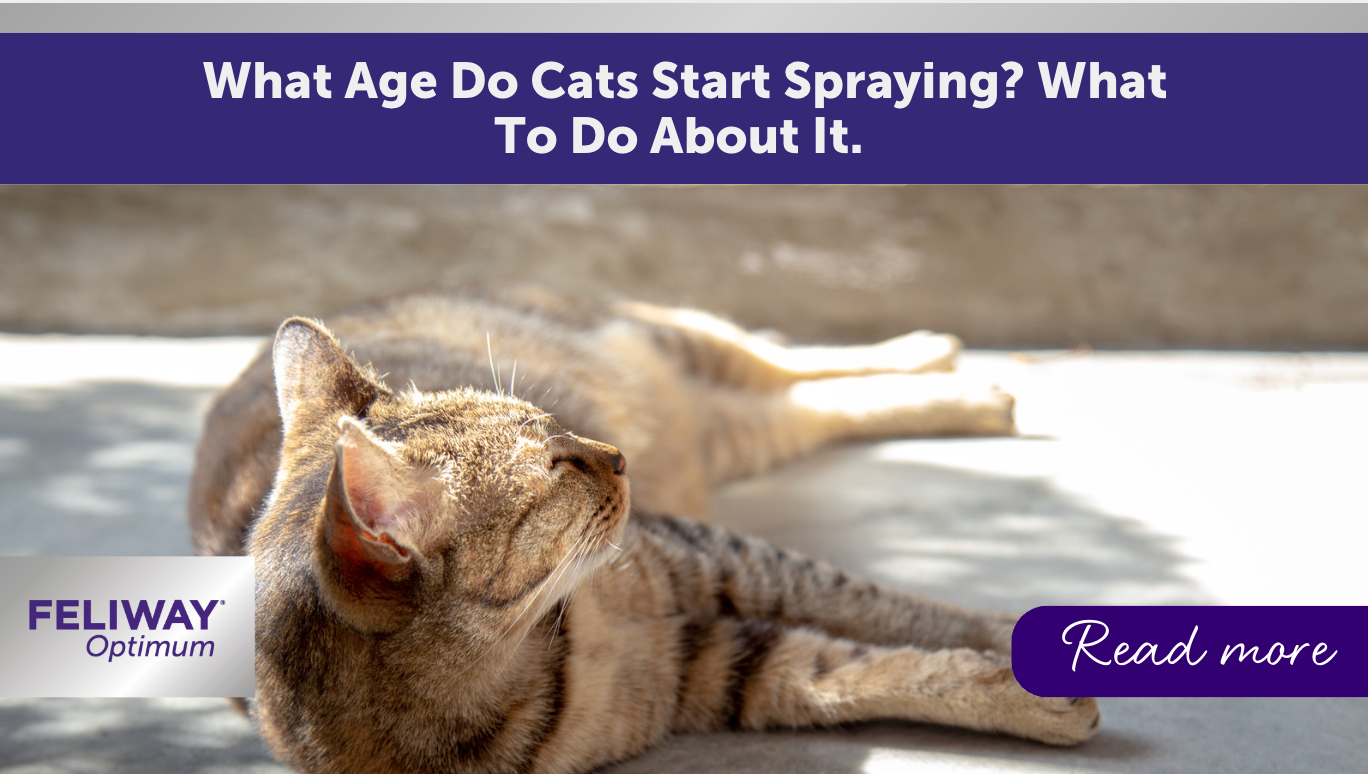
What Age Do Cats Start Spraying? What To Do About It
Cats, by nature, are typically very neat and tidy when it comes to their bathroom habits.
So if you find your feline friend away from the litter tray; with their backside raised, tail quivering and marking against a wall, fence or other vertical areas, it can be a little confusing!
But, this is perfectly natural and is, in fact, 'spraying' - meaning your cat may be marking their territory or even leaving a message to let the opposite sex know that they're 'available'!
Spraying is an often-misunderstood cat behaviour; it can be confused with urinating and may be done in combination with meowing and yowling; cat-speak for “I'm available for dating”!
Our kitty friends can spray for a number of reasons - such as to reduce stress, to comfort themselves, and mark their territory. This goes for both male and female cats, even after neutering or spaying. However, it's important to look out for when your cat first starts spraying, as this is a good indicator that your kitten is now an adult!
So when can you expect your cat to start spraying, and what should you do about it?
WHEN DO CATS START SPRAYING, AND WHAT CAN YOU DO ABOUT IT?
You should start to look for signs of spraying when your kitten reaches maturity. For most cats, spraying tends to start when they are 6 to 7 months old, although male cats can reach maturity between 4 to 5 months. But don't be fooled and think that your baby female kitty is too young to have babies before they reach this age! It is not uncommon for very young cats to become pregnant, so keep watch for spraying behaviour.
Neutering or spaying
If you want to deter your cat from starting to spray, you may want to consider having them neutered or spayed before they reach sexual maturity at around 4 to 5 months - unless you want your cat to breed, of course!Train your kitty before they start spraying
Don't be caught out by thinking that a neutered or spayed cat can't spray! Though this can deter spraying behaviour, it's still possible for all cats to spray. But teaching them good habits as they grow up can help to stop the spray! The best way to stop them getting into bad habits is to create a positive and reassuring environment to make them feel comfortable and happy during their natural development stage from kitten to adult cat. This way, your kitty will continue to urinate normally, and there will be less chance of them developing a spraying habit.
If your cat has started to spray, it's important to always clean that area thoroughly with an enzymatic odour remover - this will deter them from returning to that spot.
Remove stress factors
If your cat has already developed a spraying habit, it might also be a sign that they're feeling uncomfortable or stressed - or that they're finding it difficult to adapt to any changes that may be occurring.
You can help your kitty by identifying any causes of stress; this could be something as simple as a new animal in their territory, a visitor that they don't recognise, or changes in your home. These can all make your furry friend feel threatened or uncomfortable; so reassure them and give them lots of cuddles and attention!
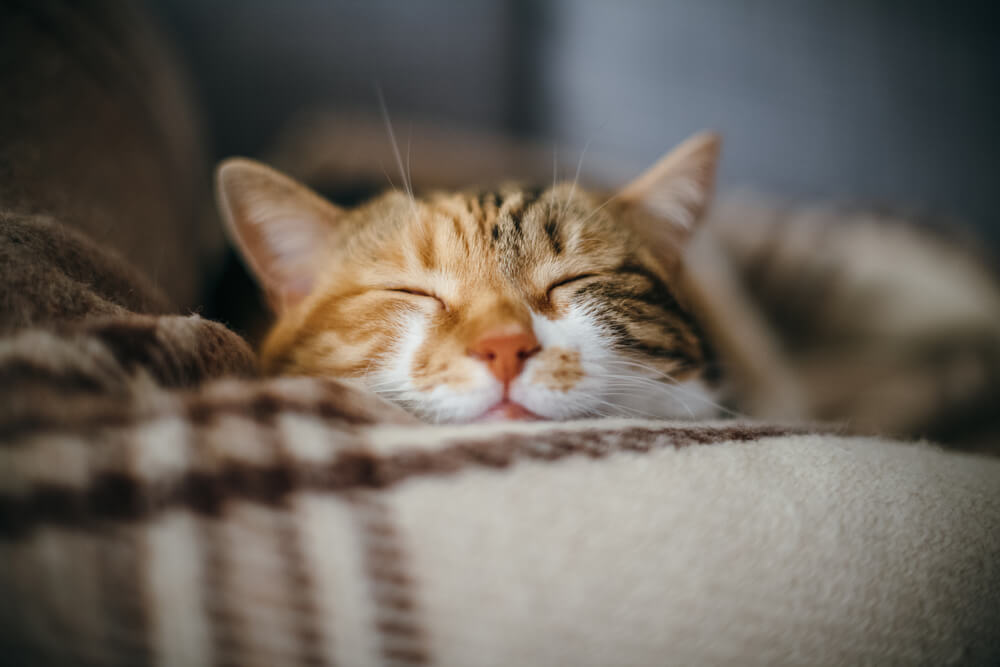
Help your cat feel safe
As well as being mostly a territorial and mating behaviour, spraying can be a sign that your kitty is anxious - but you can help them to feel happier.
Using FELIWAY Optimum Diffuser can improve your cat's well-being, creating a calm and comfortable space, and lessening spraying habits. The Diffuser should be used in your cat's favourite area to help them feel relaxed.
You will know your cat feels safe when they nuzzle their cheeks and body on your legs; when they do this, they are marking their territory in a nice (and less messy) way! Though rubbing themselves on things does leave a 'territory' smell, it is not noticeable to humans. This is a positive sign that your pet feels happy, comfortable and safe!










